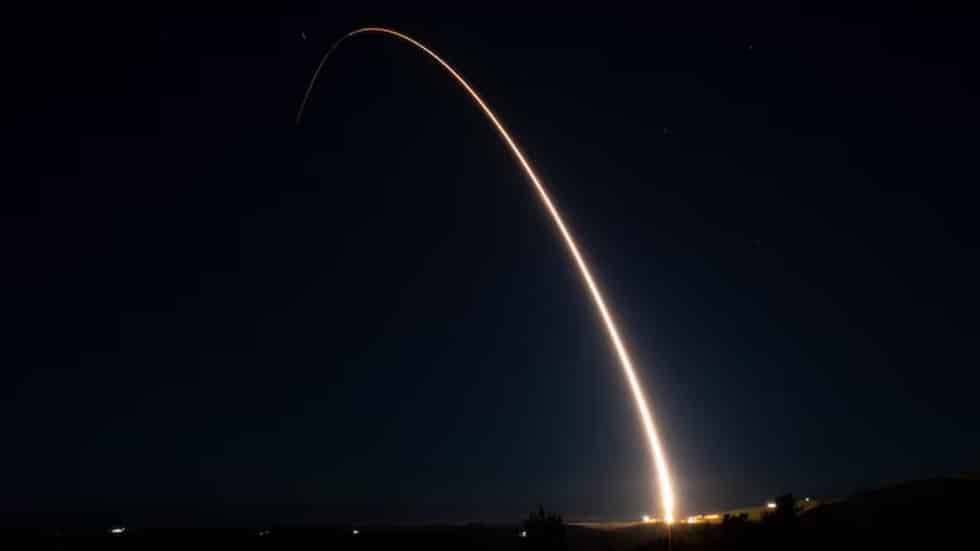The Air Force went on to say that the test provided “valuable data to ensure a continued safe, secure and effective nuclear deterrent,” and hastened to add that the launch was “not the result of current world events.”
The trial on Thursday was the Pentagon’s first ICBM test since last August, when a Minuteman III was fired from the same base in California. That launch was delayed for several weeks, reportedly due to concerns among US officials that it could escalate tensions with China. At the time, Beijing was still fuming over a high-profile visit to Taiwan by then-House Speaker Nancy Pelosi, carrying out an unprecedented round of military drills in the airspace and waters around the island in response.
Before that, Washington outright canceled another ICBM test last April, in that case due to fears of antagonizing Russia, which had just launched its invasion of Ukraine two months prior. The test was initially scheduled for March, but was ultimately scrapped.
In service since the 1970s, the Minuteman III is Washington’s only remaining land-based nuclear-capable strategic missile, deployed in underground silos distributed across the United States. As part of efforts to modernize the whole US nuclear arsenal, the military is aiming to replace the weapon with the LG-35A Sentinel sometime in the 2030s, though the new ICBM is still in its early stages of development.
Last year, a test of the rocket booster slated to be used by the Sentinel – the Minotaur II+ – ended in disaster after it exploded just 11 seconds after takeoff. The blast ignited a small fire at the Vandenberg base, where local firefighters were called in to extinguish the flames.

































